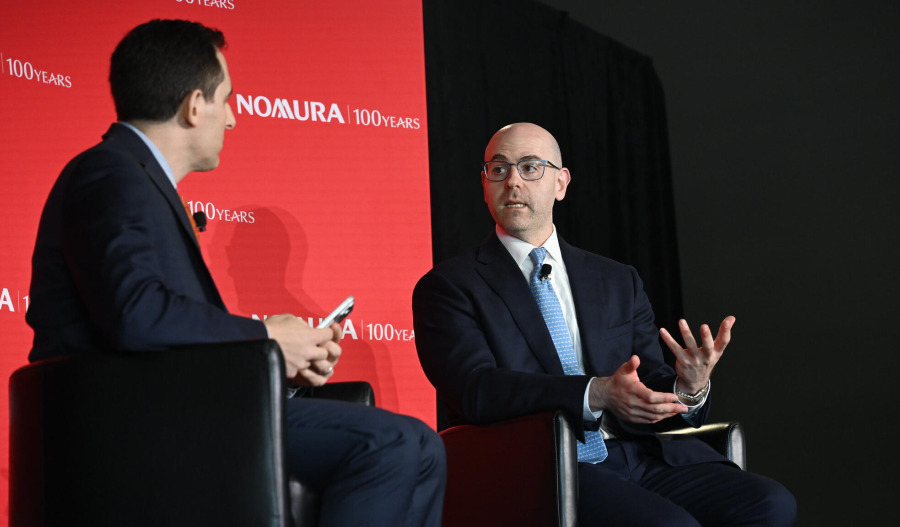Oil prices edged lower in Asian trading on Tuesday, as persistent concerns about global oversupply outweighed optimism surrounding United States efforts to end its government shutdown and uncertainty over the impact of new sanctions on Russian energy giants Rosneft and Lukoil.
By 3 pm AEDT (4 am GMT), Brent crude futures were down 15 cents or 0.2% to US$63.91 per barrel, while U.S. West Texas Intermediate (WTI) crude fell 16 cents or 0.3% to $59.97 per barrel.
Both benchmarks had gained in the previous session, rising 0.7% and 0.6% respectively.
The longest U.S. government shutdown in history could soon end after the Senate approved a compromise bill to restore federal funding.
The measure now heads to the House of Representatives, where Speaker Mike Johnson has indicated he aims to pass it as soon as Wednesday.
While progress toward reopening the government supported broader market sentiment, crude prices remained under pressure from worries about excess supply.
Earlier this month, OPEC+ agreed to increase December production targets by 137,000 barrels per day, maintaining the same output pace as in October and November. The group also signalled a pause in output hikes through the first quarter of next year, in an effort to stabilise prices amid weakening demand growth.
ANZ analysts noted: “The glut of oil triggered by rising OPEC supply has seen investors become increasingly bearish in recent weeks."
Elsewhere, sources told Reuters that Lukoil had declared force majeure at its Iraqi operations, while Bulgaria was preparing to seize its Burgas refinery. The declaration at the West Qurna-2 field represents the most significant fallout yet from sanctions imposed last month.



